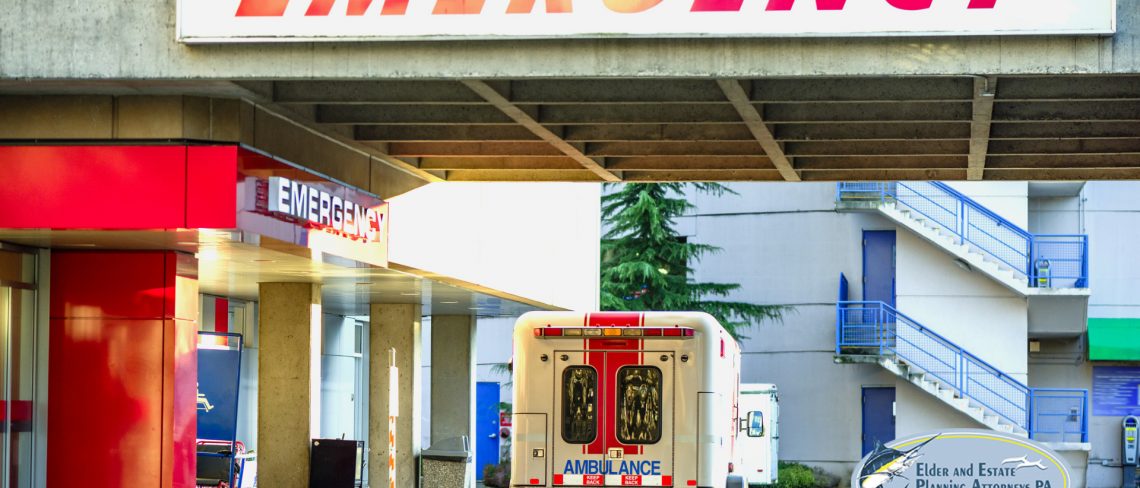On This Page
Did you know that older adults are at elevated risk of falls, accidents, and dangerous health situations? According to the Centers for Disease Control and Prevention, more than 3 million seniors are treated in emergency rooms every year just for falls, with one out of five causing serious injuries such as broken bones or head trauma. One of the best ways to combat these emergency scenarios is by using a medical alert system.
These life-saving devices connect users to emergency responders with the press of a button. Typical systems come with wireless bracelets, pendants, or lanyards that are worn by senior adults or disabled persons. When pressed, the devices transmit signals to an alarm monitoring company or emergency health department. Medical personnel are then dispatched to the location where the alert signal was triggered.
Medical alert companies offer different services, equipment, and price points. The most basic difference, however, is whether a system is home-based or mobile. Deciding which type of device is best will depend entirely on your senior loved one’s needs. To help better guide your decision, let us share with you some information about the two main medical alert options for seniors.
Home-Based Medical Alert
Home-based or in-home systems are sometimes called “traditional medical alert systems,” because they have functioned essentially the same for decades. The systems come with a wearable wireless device that connects to a base unit within the senior’s home. They are perfect for seniors who spend a lot of time alone in their homes. These devices are also cheaper than mobile systems, but have a limited range of connectivity, similar to a home wireless internet system, or WiFi.
Mobile Medical Alert Systems
Mobile medical alert systems have developed amid the technology upswing of recent years. They do not require a home base unit for connectivity, but have a wide-ranging capacity to connect with emergency services similar to smart phones. Mobile alert devices allow the user to speak directly to 911 dispatch or another pre-programmed entity in most locations. They are ideal for active seniors, but are typically more expensive than home-based systems and rely on batteries.
These are just a few of the benefits of the different types of medical alert systems. If you or a senior loved one are unsure about which option may best apply, we encourage you to reach out to our office to ask us your questions.


